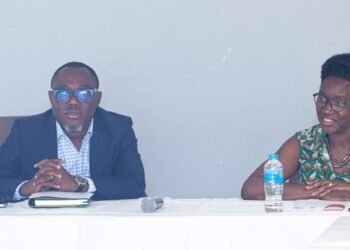Zimbabwe has made significant improvement in its rankings for budget transparency and inclusiveness, as announced by the Open Budget Survey (OBS) on May 29, coming in 30th out of the 125 countries assessed, and third in sub-Saharan Africa.
Announcing the results and Zimbabwe’s improved ranking, Minister of Finance, Economic Development and Investment Promotion Professor Mthuli Ncube said Zimbabwe followed South Africa and Benin in sub-Saharan Africa.
“Notably, Zimbabwe is among the top performers that have consistently improved their budget transparency between 2017 and 2023,” he said. With a score of 63 out of 100, Zimbabwe joins 33 other countries that scored between 61 and 80.
The OBS is a brainchild of the International Budget Partnership, a global body that promotes transparency in public finance systems and processes.
The survey is conducted and published after every two years to assess public participation, legislative and supreme audit institutions oversight and transparency in national budget processes across more than 125 countries.
“It is the only comparative assessment of its kind worldwide. This latest ranking reflects an improvement from 59 out of 100 recorded in 2021, and positions Zimbabwe 18 points above the global average of 45 out of 100.”
Minister Ncube said encouragingly, Zimbabwe’s Open Budget index had shown a positive trend since 2019.
He said the improvement in budget transparency signified the Government’s efforts to rebuild public trust and strengthen democratic engagement, which are crucial for creation of equitable, just and sustainable societies.
“This aligns with the engagement and re-engagement pillar of the National Development Strategy 1, and contributes to attracting more funding for the country’s development from the international community including official development assistance and foreign direct investment,” Minister Ncube said.
“Zimbabwe’s improvement is a testament to the collaboration through technical and financial assistance from the United Nations Children’s Fund, National Association of Non-governmental Organisations and Deutsche Gesellschaft für Internationale Zusammenarbeit that have continuously supported capacity building efforts to improve the comprehensiveness of budget documents and enhance citizen participation in the budgeting process.”






























































